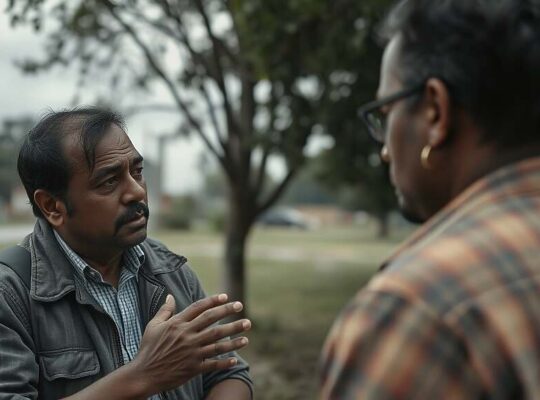The escalating rhetoric surrounding migration and urban integration in Germany has ignited a fierce debate within the governing coalition, exposing deep fissures in the approach to a complex national challenge. Chancellor Friedrich Merz’s recent remarks, suggesting a perceived problem in the urban landscape necessitating extensive deportations, have drawn sharp criticism from Integration Commissioner Natalie Pawlik, who accuses him of fueling populist narratives and exacerbating societal division.
Pawlik’s critique, published as a guest commentary in the Frankfurter Allgemeine Zeitung, highlights a cyclical pattern of provocation and reaction that has characterized discussions around migration and integration for decades. She argues that such debates overwhelmingly benefit right-wing populist factions who see an opportunity to gain traction and media outlets seeking sensationalism, while yielding little benefit for the broader German population.
“The endless cycle of provocative statements and indignant responses achieves nothing constructive” Pawlik stated. “It simply serves to deepen divisions and distract from the substantive work required to build a truly inclusive society.
The Commissioner’s intervention underscores a fundamental disagreement on how to frame and manage the conversation surrounding migration. While Merz’s comments appear intended to signal a tougher stance on irregular migration and address concerns about perceived social and cultural impacts, Pawlik decries the tendency to reduce these intricate issues to simplistic soundbites and politically expedient maneuvers.
Her call for “more honesty, differentiation and a sense of responsibility” reflects a deliberate attempt to shift the narrative away from reactive, emotionally charged pronouncements. She insists on a commitment to principles of non-discrimination, condemning racism, prejudice, generalizations and derogatory remarks as instruments of political opportunism. The disagreement signals a broader struggle within the German political landscape – a tension between addressing public anxiety about migration and fostering a climate of integration and tolerance, a balance increasingly difficult to maintain.












